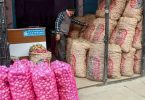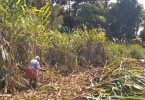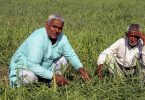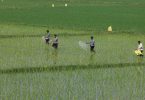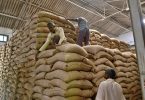[ad_1]
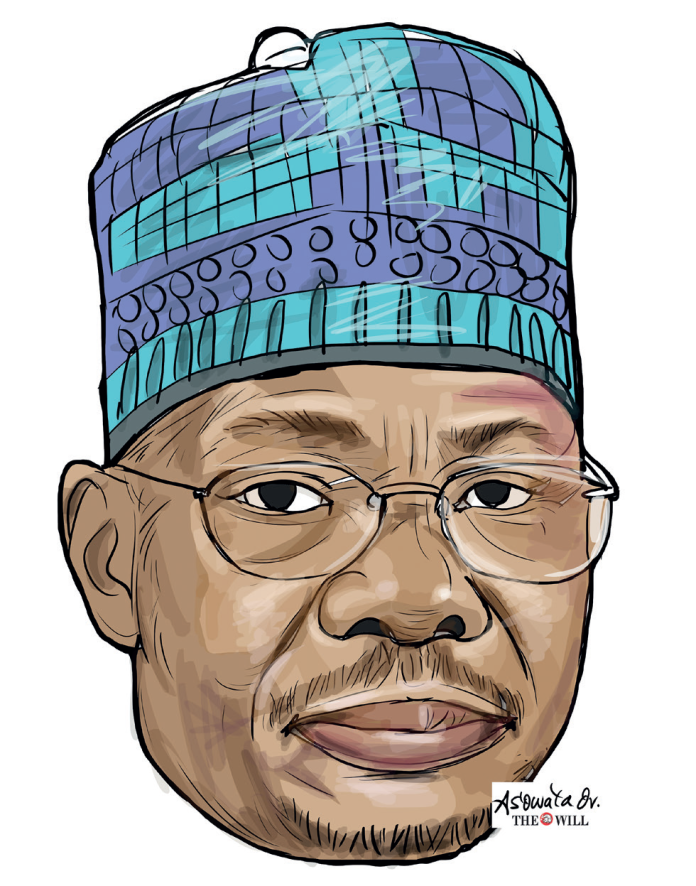

January 16, (THEWILL) – There are concerns that Nigeria’s worsening revenue challenge may escalate into a financial implosion, with the 36 states and the Federal Capital Territory (sub-nationals), being the worst hit. The situation is aggravated by the nation’s escalating public debt stock (now over #35 trillion). The debt stock comprises domestic and external loan obligations of the Federal Government and the sub-nationals.
With over 70 percent of the nation’s revenue committed to debt servicing annually, governments at all levels are struggling to survive. There is little left for capital budget, pay salaries and undertake other priorities to grow the economy. Moreover, there is a limit to which the people and corporates could be taxed. Yet, profligacy and waste take the centre of our governance space while frugality assumes the back seat.
As such, the sub-nationals are hemorrhaging huge resources in paying salaries and other emoluments of a bloated bureaucracy. To survive, they are urged to diversify their revenue base, embark on aggressive internally generated revenue (IGR) and depend less on the shrinking federal allocations.
The purpose of State of the States project, is to present evidence-based alternatives. These include avenues for the sub-nationals to become more viable and less dependent on the Federal Accounts Allocation Committee (FAAC) – referred to as Abuja handout.
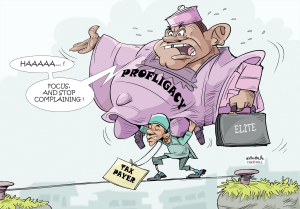
State of the States, a bi-weekly publication, features two states per edition. It endeavours to unearth hidden treasures in each state and ascertain, through consultations and evidence-based survey, areas of comparative advantages and economies of scale. The publication will show-case, in no exaggerated terms, the socio-economic status of each state and highlight the opportunities and threats.
Furthermore, State of the States will examine existing realities that hinge on sector-specific areas of competitive advantage – Agriculture, Tourism, Transportation, Education and Skill Acquisition, Wellbeing and MSMEs. Ultimately, the project seeks to create the desired spotlight on the sub-nationals to motivate them to venture into something different for better results.
We have featured Lagos and Ogun, Kwara and Kogi, Anambra and Enugu, Benue and Taraba, Kebbi and Sokoto, Cross River and Akwa Ibom, Edo and Delta, Ekiti and Osun, Bauchi and Gombe, Rivers and Bayelsa, Kano and Jigawa, Imo and Abia Borno and Yobe.
This week periscopes Nasarawa and Kaduna.
NASARAWA STATE
Nasarawa is a state in North-Central Nigeria. Its capital is Lafia. It was created on October 1, 1996, split from the old Plateau, which previously had contained both territories.
Nasarawa is bounded in the north by Kaduna State, in the west by the Federal Capital Territory (FCT), in the south by Kogi State and in the east by Taraba and Benue States.
The wet season is oppressive and overcast, the dry season is humid and partly cloudy and it is pretty hot during some months of the year. The hot season lasts for about four months, from around January to April 14. The hottest month being March, while December is the coldest. The cool season lasts from around June to October.
Nasarawa lies in a lowland region, which is very fertile for agriculture. As such, the primary occupation of the inhabitants is farming, with the production of varieties of cash crops, such as cassava, yam, rice, maize, guinea corn, beans, soya beans, beniseed, asha and millet. Others are sorghum, millet, soybeans, shea nuts and cotton. Other agricultural activities involve fishery development, wildlife and forestry conservation. The people also engage in craft such as cloth dyeing and calabash carving.
Solid Minerals
The state is rich in barite, coal, clay, lead-zinc, salt, gemstone, silica sand, iron ore, granite, tantalite, marble, mica, cassiterite, limestone, aquamarine, columbite, barite and bauxite. Most of these have been confirmed to exist in commercial quantity. Many of these are exploited by artisanal miners.
Tourist Sites
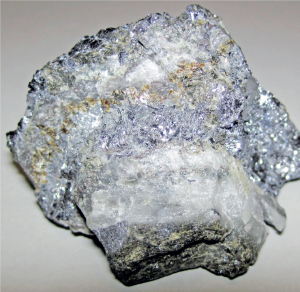
Nasarawa has a host of tourist locations. These include the Farin Ruwa Falls, Captain Maloney Hill, Pepe Ruwa Lake, Doma Dam, Awa Eggon Hill and Efugogiri Hills at Doma.
Others are the National Gallery of Arts, Numa Rock at Akwanga, Akpa Rock and Cave, Akiri Salt Village, Mail Rumba Rock, Doma Mada Hills and Rukubi Hills.
There is also the Keana Salt Processing Centre, Hunku Lake, Akuriwari Warm Spring and Crocodile Lake, Gizar (all at Akwanga). Doka-gide Ria at Doma, Tunga Nupawa Lake at Assakio, Natural Spring Water at Lafia and Ogani Fishing Water make the list.
Agriculture, Rural and Industrial Development
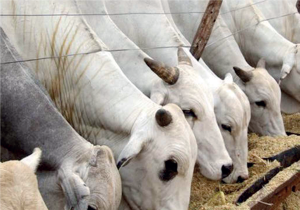
Nasarawa is pursuing some projects aimed at maximising the potential of its enormous land and grazing resources found suitable for cattle rearing and poultry. The state has established the Nasarawa Beef Processing Company at Masaka-Karu in the FCT Abuja to take advantage of the available huge market there. It also established the Keffi Modern Abattoir to augment the operations of the Beef Processing factory in Masaka-Karu.
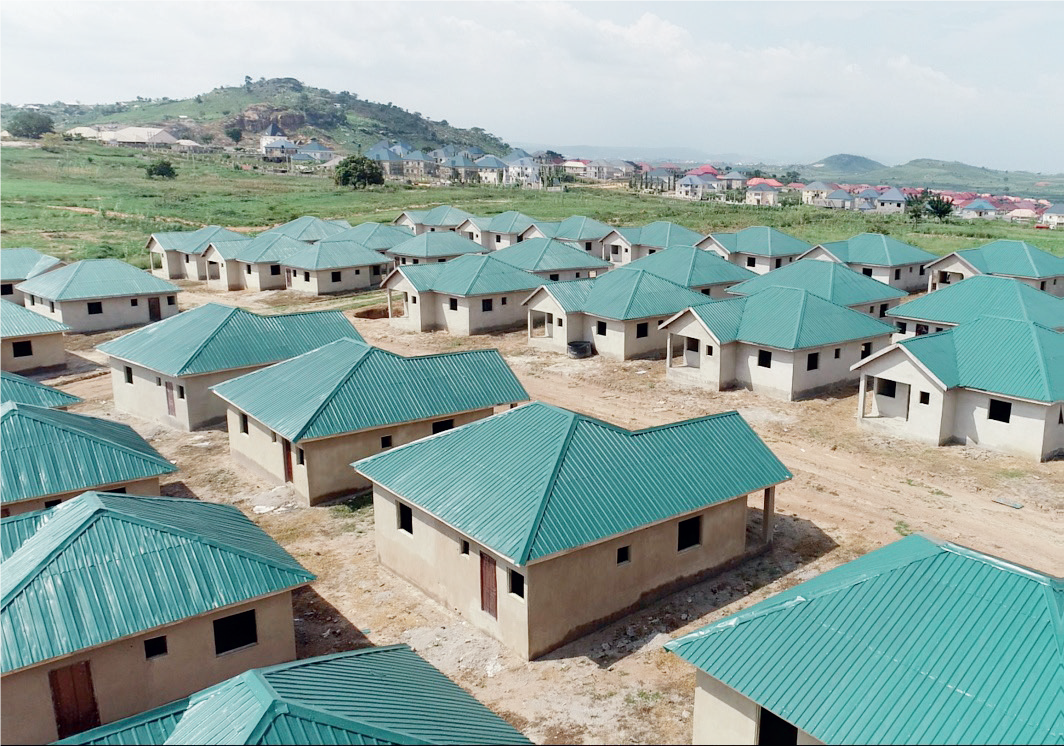
It is also exploiting the resources of economic trees such as Mahogany, Shea tree, African Balsam, Coffee tree, Locust Bean tree and Iron tree. These can be used as raw materials for industries in timber processing like furniture factories and allied wood manufacturing ventures. The vast network of roads which link the rural areas and major towns complement the services of the Nigerian Railway Corporation between the state and Maiduguri in Borno State.
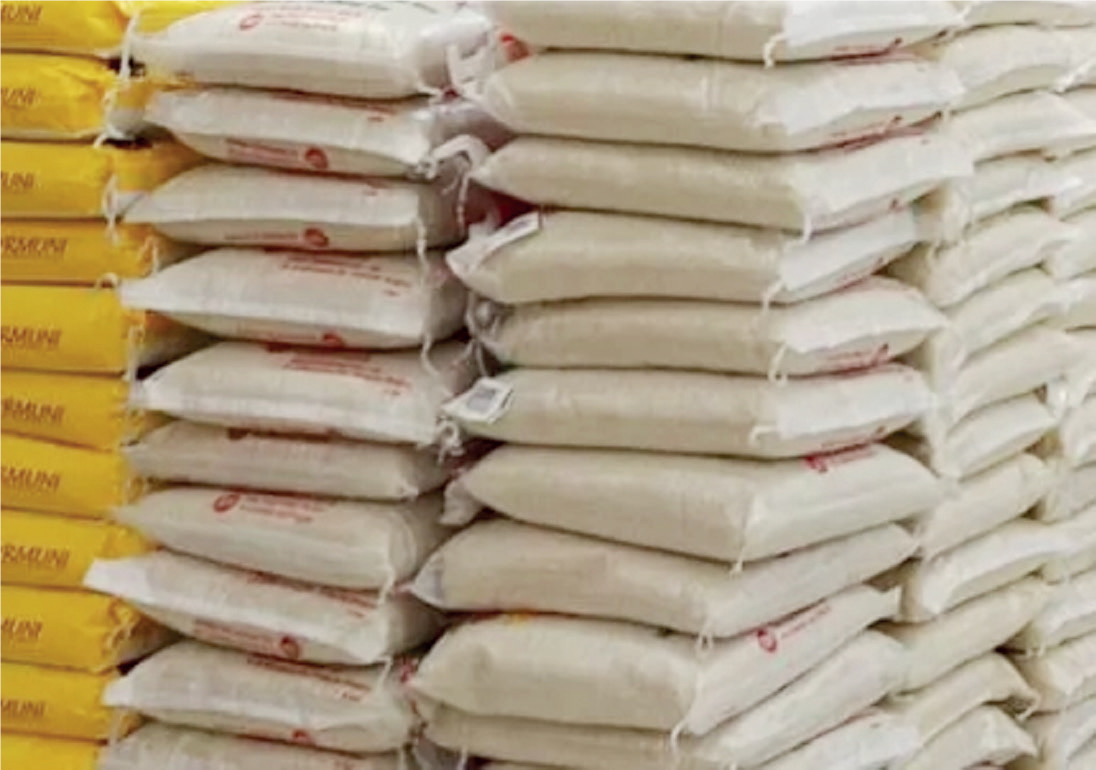
The government has thrown open some investment opportunities to interested persons, including a number of the government owned ventures to revamped on an equity-sharing basis or other arrangements. This include Nasara Sacks and Packaging Company at Akwanga, Fertiliser Blending Plant at Lafia, and the Nasara Spring Water of Nigeria (NASWAN) also at Lafia, and the waste to energy conversion project.
FACT-FILE:
LGA: 13
Land Area: 10,4701q mi.
Registered businesses: 201
Public primary schools: 1,391
Public secondary schools: 483
University (4): Federal – 1, state – 1, private – 2
Polytechnic (3): Federal 1, military – 1, state – 1
College of Education (5): Federal – 1, state-1, private – 3
College of Agriculture (5): Federal – 3, state – 2
Nursing School/Health and Science (5): Federal – 1, state – 3, private -1
Technical School (2 ): Federal – 1, state – 1
Total Revenue: N113.89 @ 2020
Total Tax: N9.9bn
Total IGR: N12.47bn @ 2020 {22.45% of total revenue)
FAAC: N43.10bn @ 2020 (55.43% of total revenue)
Domestic Debt: N59.39bn @ 2020
External Debt: $58.59m @ 2020
Unemployment rate: 29.83% @ 2020
Nasarawa Intensifies Entrepreneurship, Human Capital Drive
Nasarawa is renowned for its special entrepreneurship and human capital development schemes. It has reached out to qualified and competent hands who are not indigenes of the state. The focus is to develop a strategic development scheme that will eventually be manned by the state indigenes when they have gone through the rigours of training. One of such schemes is the Entrepreneurship Development Centre of the state university.
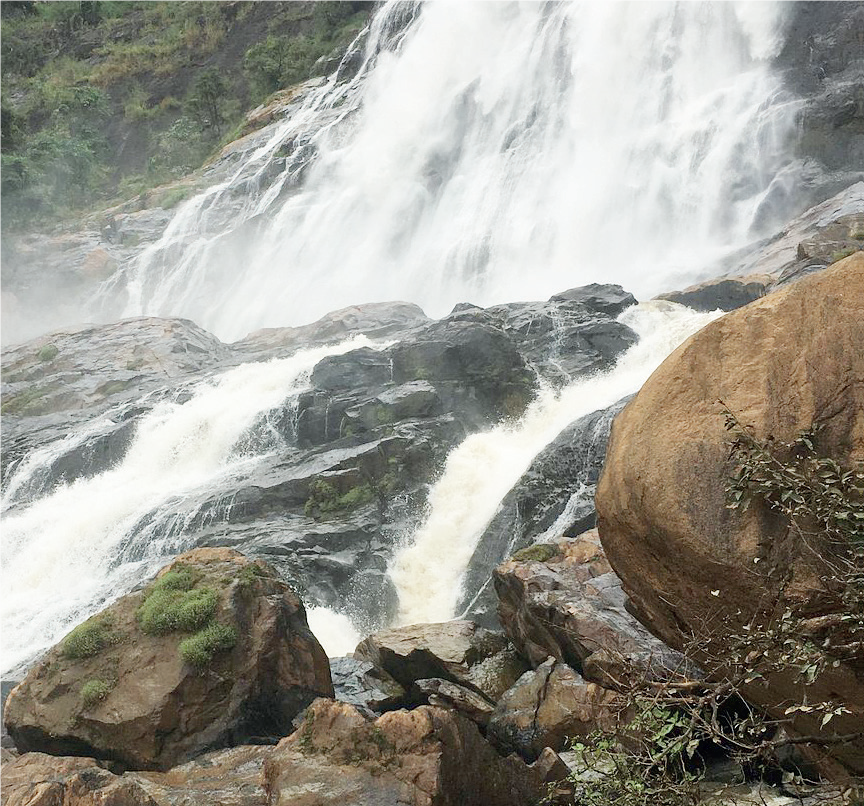
Strategically created in Nasarawa State University, entrepreneurship education has become popular for several reasons. First, it integrates other disciplinary fields study with an enriching, integrative educational experience. Second, promotes the establishment of new businesses by graduates, enhances the employment prospects and success in the job market. Third, it promotes technology transfer from the university to the market. Finally, it forges links between the business and academic communities.
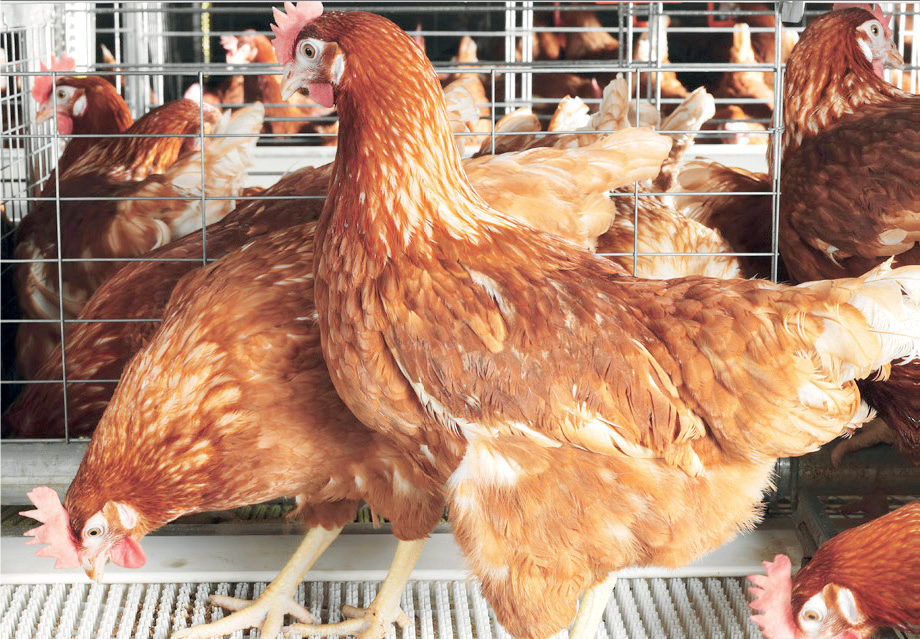
The Entrepreneurship Development Centre has three coordinating units: (i) Enterprise Development and Knowledge Transfer, (ii) Entrepreneurship Education, and (iii) Experiential Programmes. The Management is supported by a team of resource persons and administrative staff. The Management team is unwavering in fostering a cohesive community support network that creates entrepreneurial opportunities for everyone.
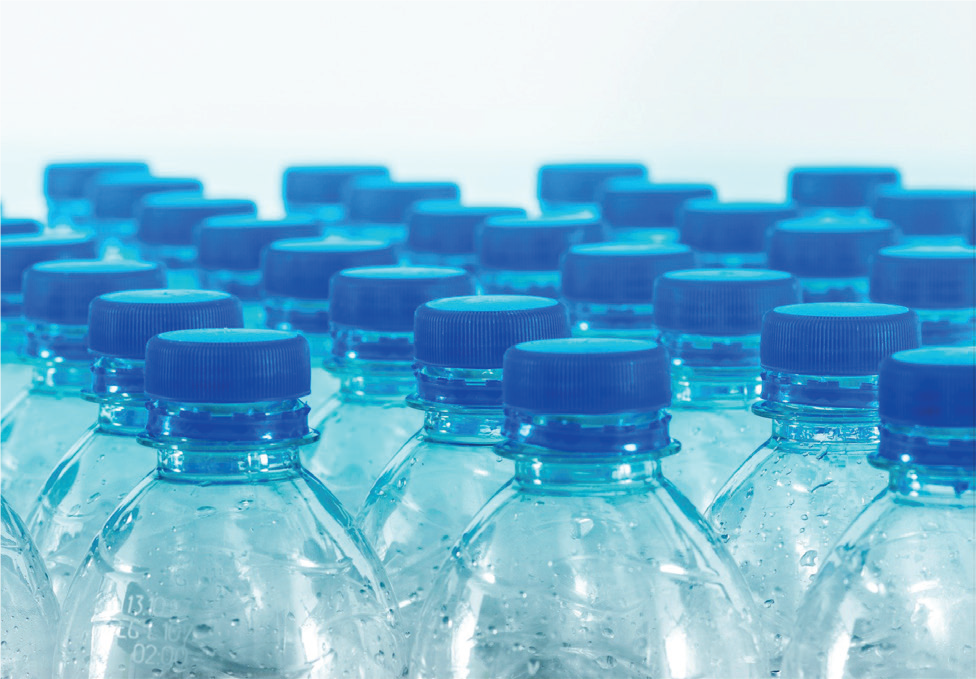
Philosophy and Rationale for the Programmes
Micro and small-scale enterprises in Nigeria produce a significant number of new jobs and can make a tremendous contribution to the economy. Students and trainees enrolled in the University’s entrepreneurship development programmes will develop an appreciation for the spirit of entrepreneurship, innovation, creativity, and for planning, marketing, and financing that are needed for a successful venture. The guiding principle of the entrepreneurship development programme is the development of creative minds, innovative and entrepreneurial personalities who are prepared for leadership responsibilities in industry, government and non-profit organizations, create new jobs, add social and economic value and nurture a sustainable enterprise culture.
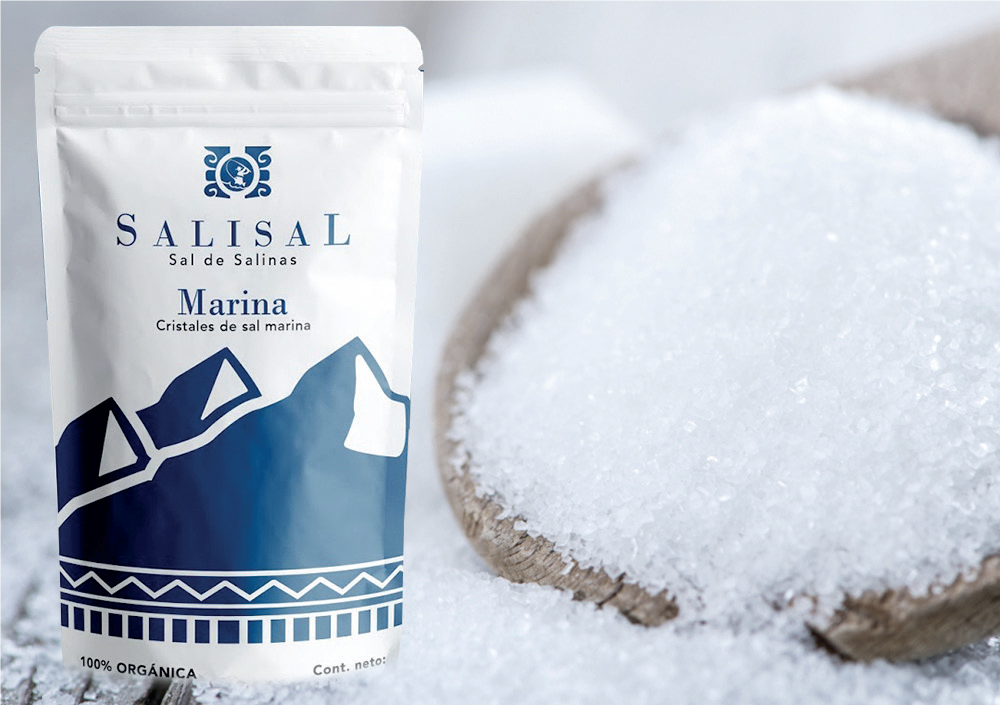
Goals of the Programmes
The Entrepreneurship Programme of the University is designed to assist undergraduate and graduate student-entrepreneurs start and grow their businesses, and to serve as a catalyst for the creation of sustainable and globally competitive enterprises in Nasarawa State, Nigeria, and beyond. This will be achieved by promoting entrepreneurship across the campuses and in the community through entrepreneurship education, enterprise development services, knowledge transfer experiential programme community engagement, business technology incubation, research and publications.
The Entrepreneurship programme of the University is made up of three (3) main components:
Structure of the Programmes
The Entrepreneurship Development Centre (EDC) coordinates the entrepreneurship programmes of the University. The EDC is managed by a Director and an Advisory Board. Its focus includes:
Entrepreneurship Education: the centre provides an introduction to the values and basics of creating and running businesses It covers the Faculty and Graduate entrepreneurship education program Certificate and Diploma programmes in Entrepreneurship Other areas include entrepreneurship training Workshops, research and publications in the form of Journal, monograph, case studies, newsletters, seminar and workshop series, etc.
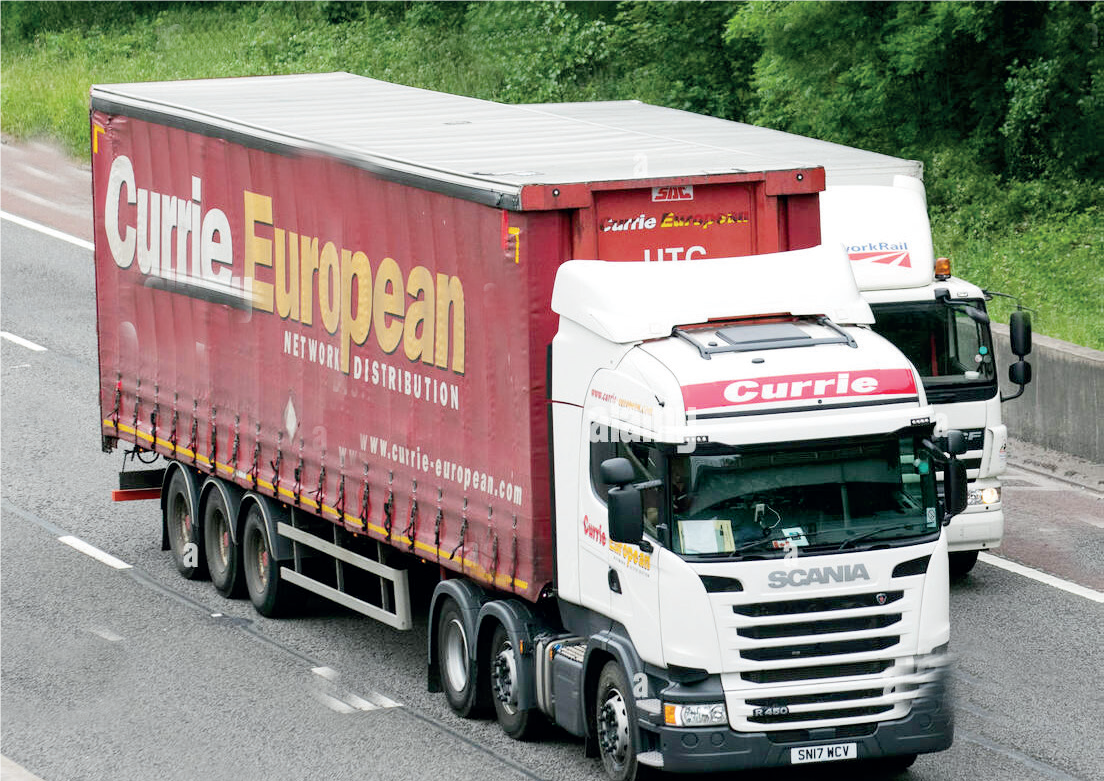
Enterprise Development Services and Knowledge Transfer: providing supports and services that incubate and help the students and the University develop new ventures. These programmes go beyond entrepreneurship education by assisting in accessing small loans or grants that are needed to begin business operations and by providing more individualized attention to the development of viable business ideas. This encompasses the development of a business plan, feasibility studies, simulations of business start-up and operation business incubation, management and knowledge transfer.
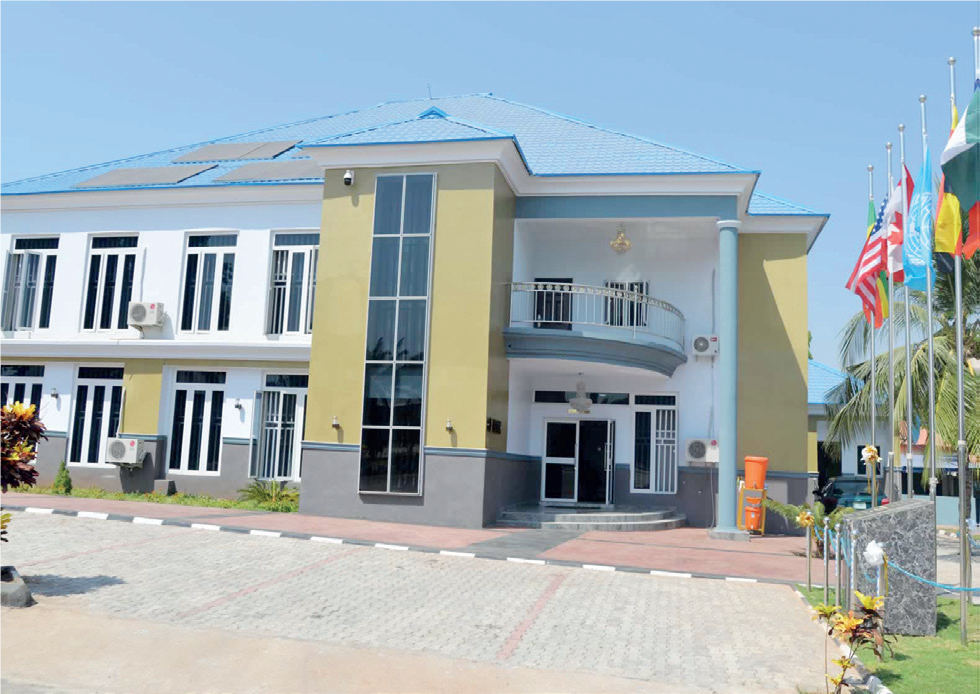
Experiential Programmes: This includes providing trainees with placement and experience in the day to day operation of a business. In many cases, these programmes involve the development of student-run businesses in which the trainees are engaged in order to acquire practical experience. It also provides placement in apprentice or internship positions with role model entrepreneurs in the community. This includes vocational/trade engagements of students.
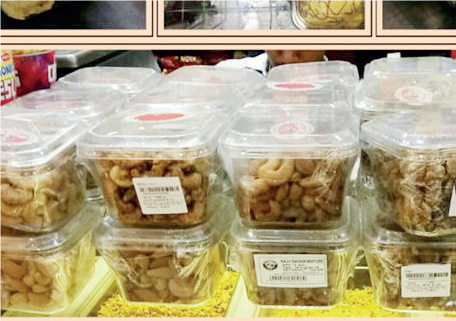
The state’s proximity to Abuja and the FCT is a huge investment advantage in terms of the rapidly growing population and high cost of living in the FCT.
Challenging factors: Insecurity, high population of uneducated, unkempt youth and teenagers, multiple taxes, excesses of government and military officials, religious dichotomy.
[ad_2]
Source link



